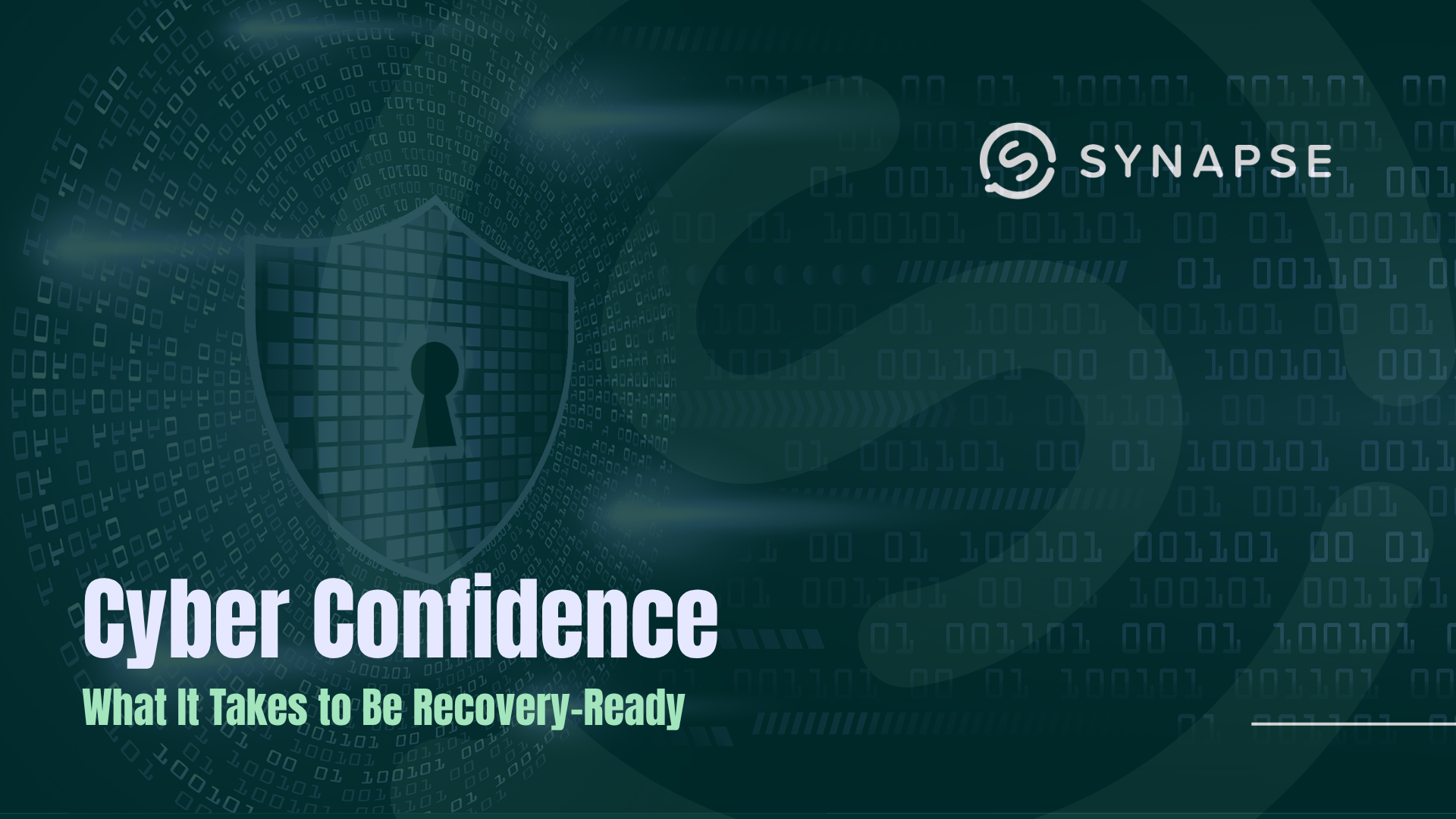
When considering cloud solutions, the two main contenders are private and public clouds. Each approach comes with its own set of advantages, catering to different needs and requirements.
Private Cloud Advantages:

Enhanced Security
Private clouds offer a higher level of security since they are confined within an organisation's firewall. Sensitive data and critical applications remain protected from potential threats and unauthorized access.
Customisation & Control
Private clouds grant businesses full control over their infrastructure, enabling customisation according to specific demands. This level of flexibility allows seamless integration with existing systems and facilitates tailored solutions.
Compliance & Regulatory Requirements
For industries that must comply with strict regulations, such as healthcare or finance, private clouds provide a compliant environment that adheres to specific data governance standards.
Performance and Reliability
Private clouds offer superior performance, as resources are dedicated solely to the organization. This minimizes the risk of performance fluctuations often seen in public clouds during peak usage periods.
Public Cloud Advantages:

Cost-Efficiency
Public clouds operate on a pay-as-you-go model, reducing upfront costs and eliminating the need for extensive hardware investments. This makes it an attractive option for small and medium-sized enterprises (SMEs) with budget constraints.
Scalability and Flexibility
Public clouds offer unlimited scalability, allowing businesses to rapidly expand their resources in response to changing demands. This agility ensures seamless operations even during periods of rapid growth.
Global Accessibility
Public clouds have a widespread network of data centres worldwide, enabling users to access data and applications from anywhere, anytime, promoting remote work and collaboration.
Regular Updates and Maintenance
Public cloud providers handle infrastructure updates, maintenance, and security patches, relieving businesses of the burden of managing these tasks, allowing them to focus on core activities.

Conclusion
The choice between a private and public cloud depends on an organization's unique needs and priorities. Private clouds are ideal for those prioritizing data security, compliance, and control, while public clouds suit businesses seeking cost-effective, scalable, and accessible solutions. Some organisations opt for a hybrid cloud strategy, combining the best of both worlds to harness the strengths of private and public clouds. In the end, selecting the right cloud approach is a critical decision that can significantly impact a business's efficiency, security, and overall success. Talk to our team of cloud experts today to find out which cloud solution is best for you.
Blog & Articles
Posts



.png)